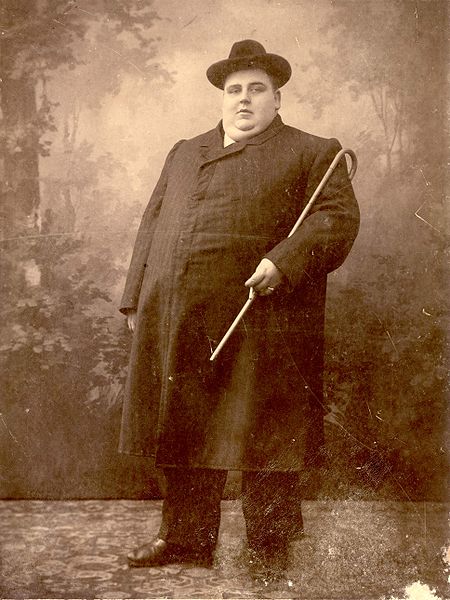I know people who subscribe to high-fat, paleo diets and, boy, they don’t look healthy to me. It doesn’t mean my eyes are right, but I’m sticking to vegetarianism. There’s little doubt, however, that Americans had misplaced priorities when they largely focused on cutting fat while high-fructose corn syrup was simultaneously becoming a staple of our diets. That crap will kill you. From “The Way We Eat Now,” by Erica Wagner in the Financial Times:
“[Nina] Teicholz describes a ‘perfect storm’ of forces in postwar America that altered the nutritional landscape. Charismatic leaders in nutrition science – such as Ancel Benjamin Keys, a biologist and pathologist at the University of Minnesota who began looking at the causes of heart disease in the 1950s – developed a hypothesis that fat was the great evil in the American diet: ‘money poured in to test it, and the nutrition community embraced the idea. Soon there was very little room for debate.’
Again and again, Teicholz points to studies that have served as the basis for the argument in favour of the demonisation of fat – such as the Framingham Heart Study, begun in 1948, or the Ni-Hon-San Study of Japanese men, begun in 1965 – and demonstrates why they don’t necessarily prove what they were stated to prove. As The Lancet put it in 1974: ‘So far, despite all the effort and money that has been spent, the evidence that eliminating risk factors will eliminate heart disease adds up to little more than zero.’ (It’s hard not to feel a little proud of this British scepticism of the low-fat fad: three cheers for the land of double cream.)
These are startling conclusions, though as Teicholz shows, the evidence has really been there all along. We should drink whole milk, she says, eat butter and stock up on cheeses, sausages, offal and even bacon. ‘None of these foods have been demonstrated to cause obesity, diabetes, or heart disease . . . Sugar, white flour, and other refined carbohydrates are almost certainly the main drivers of these diseases.’ But government health advice is still stuck in the low-fat rut: and, however well-meaning, it is there to be exploited by the companies that stand to gain from that advice. Boseley, writing about the diet industry, is unafraid to call a spade a spade: ‘With its gimmicks, motivational books and celebrity endorsements, [it] is one of the biggest frauds of our time.'”

